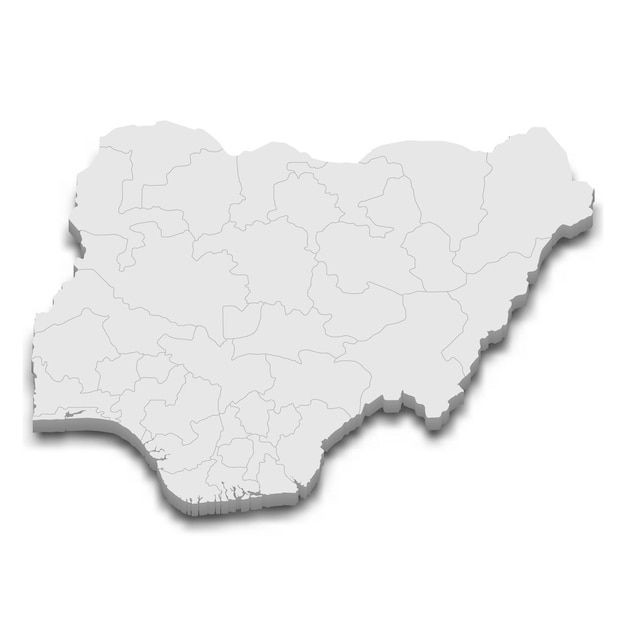Orlu State bill passes first reading, seeking to amend Nigeria’s Constitution, creating the 37th state from Imo, Abia, and Anambra. History shows state creation’s complexity and impacts. User advises caution against divisive tactics.
In a move that has set tongues wagging and reignited debates on the structure of Nigeria, the House of Representatives has passed a bill seeking to establish Orlu State in the southeastern region. Sponsored by Ikeagwuonu Ugochinyere (Ideato North South, Imo State) and co-sponsored by other lawmakers, the bill aims to amend the 1999 Constitution, raising the number of states in Nigeria from 36 to 37.
State of Play: New Orlu State to Redraw Nigeria’s Map Yet Again
The proposed Orlu State, with its capital in Orlu, would be carved out of portions of Imo, Abia, and Anambra states. It would encompass 28 local government areas, including Ideato North, Ideato South, Njaba, and Oguta. Ugochinyere, the bill’s primary sponsor, argues that the new state will enhance political representation and development in the region.
“The establishment of Orlu State could result in the formation of Ideato as a senatorial district,”
he suggested.
This move underscores the continuous quest for state creation in Nigeria, which dates back to the colonial era. According to historical accounts, the agitation for more states began as a response to fears of ethnic domination and the desire for equitable distribution of resources and political power. The colonial government’s reluctance to create states led to the establishment of the Henry Willinks Commission in 1958, which recommended alternatives like entrenching human rights and establishing special development authorities.
Nigeria’s Puzzle: The Long History of State Creation
The history of state creation in Nigeria reflects the nation’s complex and diverse nature. Initially divided into three regions—eastern, northern, and western—the country has seen numerous territorial reconfigurations. Yakubu Gowon’s regime, in response to the Biafran secessionist threat, dissolved the regions and created 12 states in 1967. This restructuring was intended to weaken the Biafran bid for independence by splitting the Eastern Region.
Subsequent military and civilian administrations continued this trend. By 1996, under General Sani Abacha, Nigeria had grown to 36 states. Each state creation exercise aimed to address ethnic, political, and economic grievances but often ended up fueling more demands.
A Never-Ending Story: The Agitation for More States
The agitation for more states in Nigeria has not abated. Instead, it has increased in intensity, driven by various ethnic groups seeking greater autonomy and resource control. This continuous demand underscores the inherent challenges of governing a multi-ethnic society with diverse interests. The Orlu State proposal is just the latest in a long line of efforts to address these challenges.
Orlu State: A Step Towards Equity or More of the Same?
Critics argue that creating more states does not necessarily solve the underlying issues of governance, development, and ethnic tension. Instead, it often leads to administrative bloat and increased competition for federal resources. However, proponents like Ugochinyere believe that Orlu State will bring government closer to the people and spur development in neglected areas.
As Nigeria inches closer to the creation of its 37th state, the debate over state creation continues to be a microcosm of the broader challenges facing the nation. The establishment of Orlu State could mark a new chapter in Nigeria’s quest for a more equitable and functional federal structure, or it could simply be another piece in an ever-expanding puzzle.
State Actors: Tread Carefully
State actors should be careful before they start dividing us for conquer. It’s called divide to conquer for a reason.
Citations
- Azikiwe, N. (1943). “Political Development in Nigeria
- Awolowo, O. (1947). “Path to Nigerian Freedom
- Olusanya, G. O. (1999). “Constitutional Development in Nigeria
- Ojiako, J. O. (1981). “13 Years of Military Rule
This new chapter in Nigeria’s state creation saga highlights the ongoing struggle to balance ethnic diversity, political representation, and development. Whether Orlu State will achieve these lofty goals or become another administrative layer remains to be seen.

Leave a Reply
You must be logged in to post a comment.